Celebrating Lunar New Year at iKids Montessori Academy
Celebrating Lunar New Year at iKids Montessori Academy
2023-01-27
![[object Object]](https://ikids-back-staging-mooc.s3.ca-central-1.amazonaws.com/Five_Differences_between_Traditional_and_Montessori_Elementary_Education_banner_5400c26600.jpg)
Many people believe that Montessori education is beneficial at the preschool level, but the Montessori curriculum can go beyond and extend into children’s elementary learning.
If you are new to Montessori elementary model, you might be wondering if Montessori is really that different from traditional elementary programs. The answer is yes, in fact, they are radically different.
While we acknowledge and applaud teachers in non-Montessori schools who do things differently, this is a comparison between the traditional view of elementary education and the Montessori approach.
1. Active Learning
In traditional elementary classrooms, the teachers teach, and the children listen, which makes them passive learners. Kids are required to memorize and recall information for testing. On the other hand, in Montessori classrooms, children learn through hands-on projects and self-motivated, active discovery.
2. Flexible Curriculum
In a traditional elementary school, teachers are required to teach an established curriculum at an established pace. By contrast, Montessori education has a flexible curriculum, where teachers tend to teach individuals in small groups based on observable needs. The curriculum does not dictate the pace of learning, rather the child learns what and when she is ready.
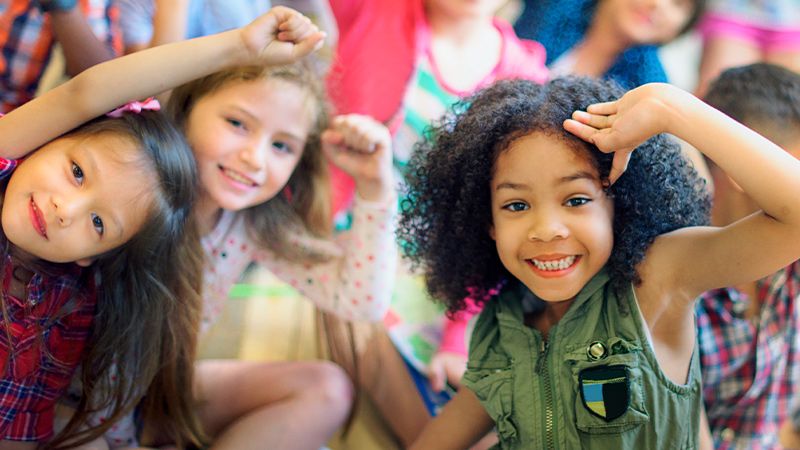
3. An Individual Approach
In traditional elementary schools, students at every grade level have the same program. In Montessori elementary, grade levels are flexibly defined within a developmental age range. Each child will work with his teacher in his unique progression through the curriculum. This approach recognizes the individual needs of each child, not just their chronological age.
4. Accountability
In traditional schools, teachers are the ones accountable for covering the curriculum. They are responsible for covering a certain amount of information within a specified period of time. Whereas, in Montessori schools, children are accountable for their own learning. Children are taught how to track their progress every day and actively participate in creating their own learning path. The Montessori curriculum aims to train children to be self-motivated learners at a young age.
5. Confidence
In traditional classrooms, it is assumed that the child needs external motivation and praise in order to learn. On the other hand, in Montessori classrooms, children’s natural learning pace is honoured, allowing the child to be successful at every lesson. Children gain genuine inner confidence through their own achievements.
If you would like to sign up your child today in a Montessori classroom, feel free to shoot us a message and we would love to chat more about our curriculum and the different programs we offer.
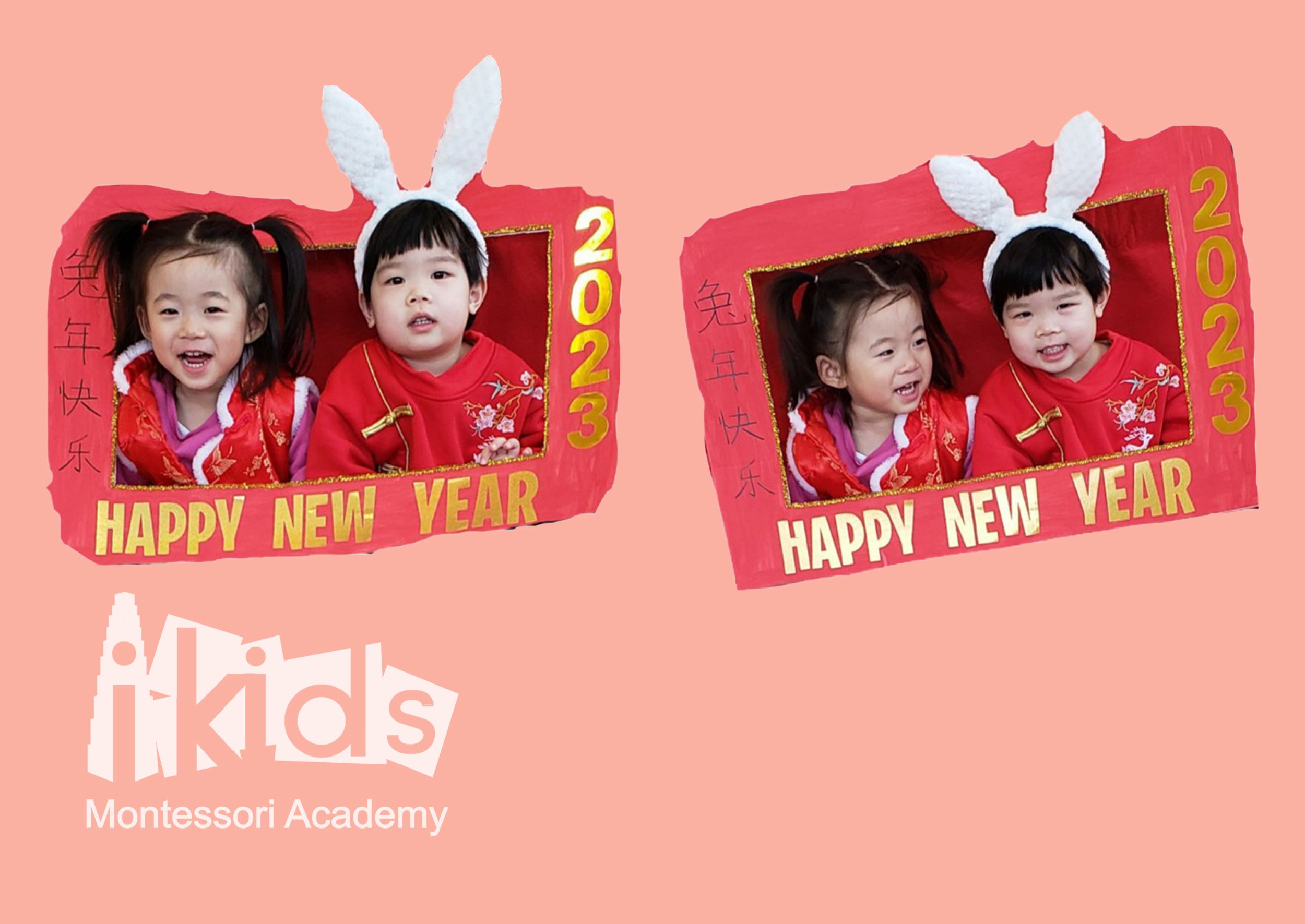
Celebrating Lunar New Year at iKids Montessori Academy
2023-01-27
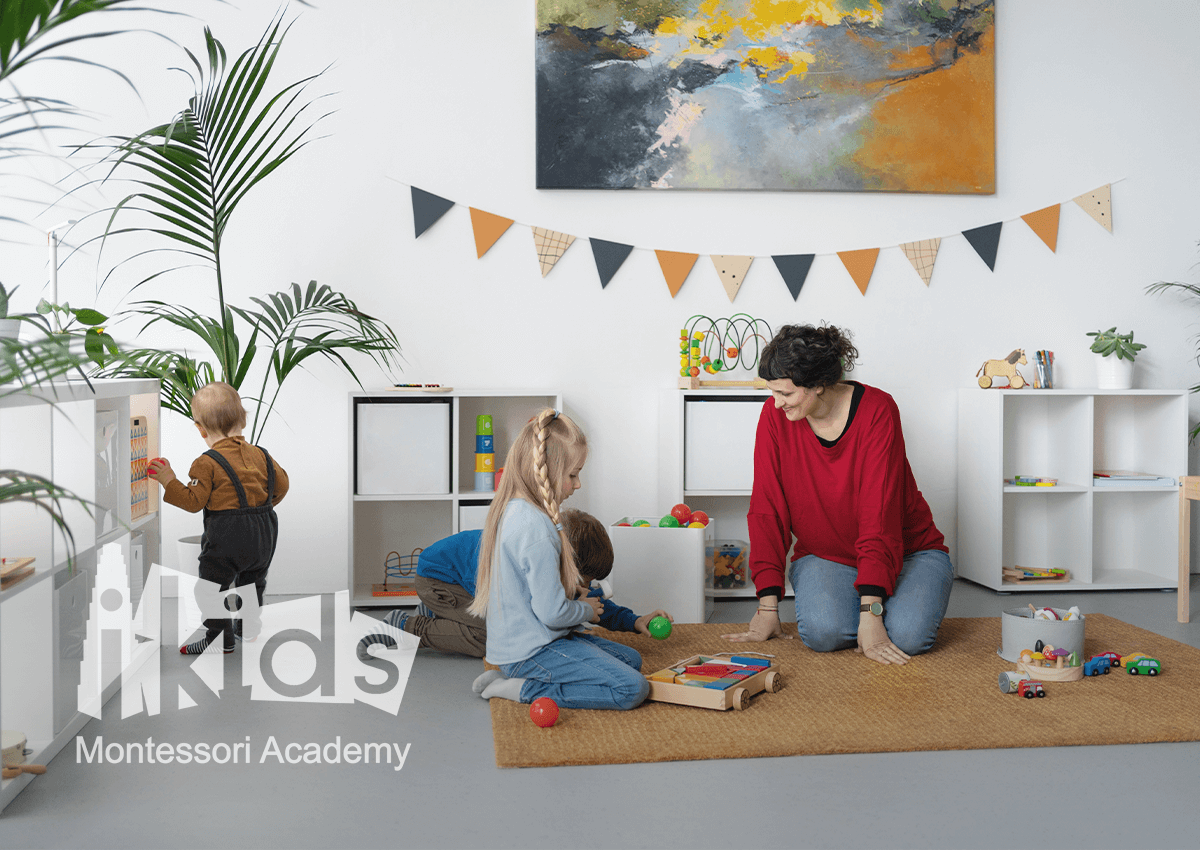
Montessori education is a unique approach to learning that emphasizes independence, self-directed learning, and respect for a child. At ikids Montessori Academy, we provide an environment that nurtures the whole child, both academically and emotionally.
2023-01-24
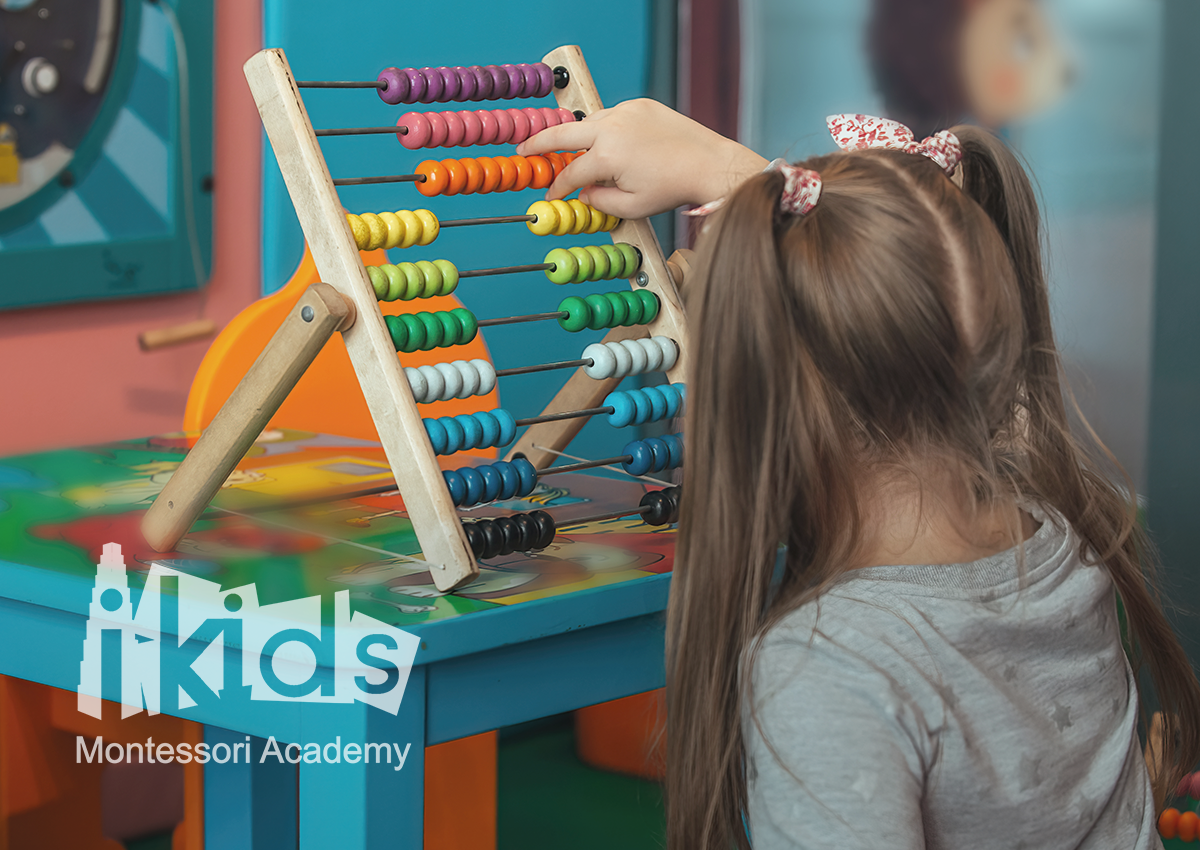
“Outside?” “Mommy can I play?”, “Daddy can I go outside?”, “I want to play”, and “Apple” are just a few examples of things children may verbalize when they are curious and want to explore and engage. Let’s say yes to play!
2023-01-09
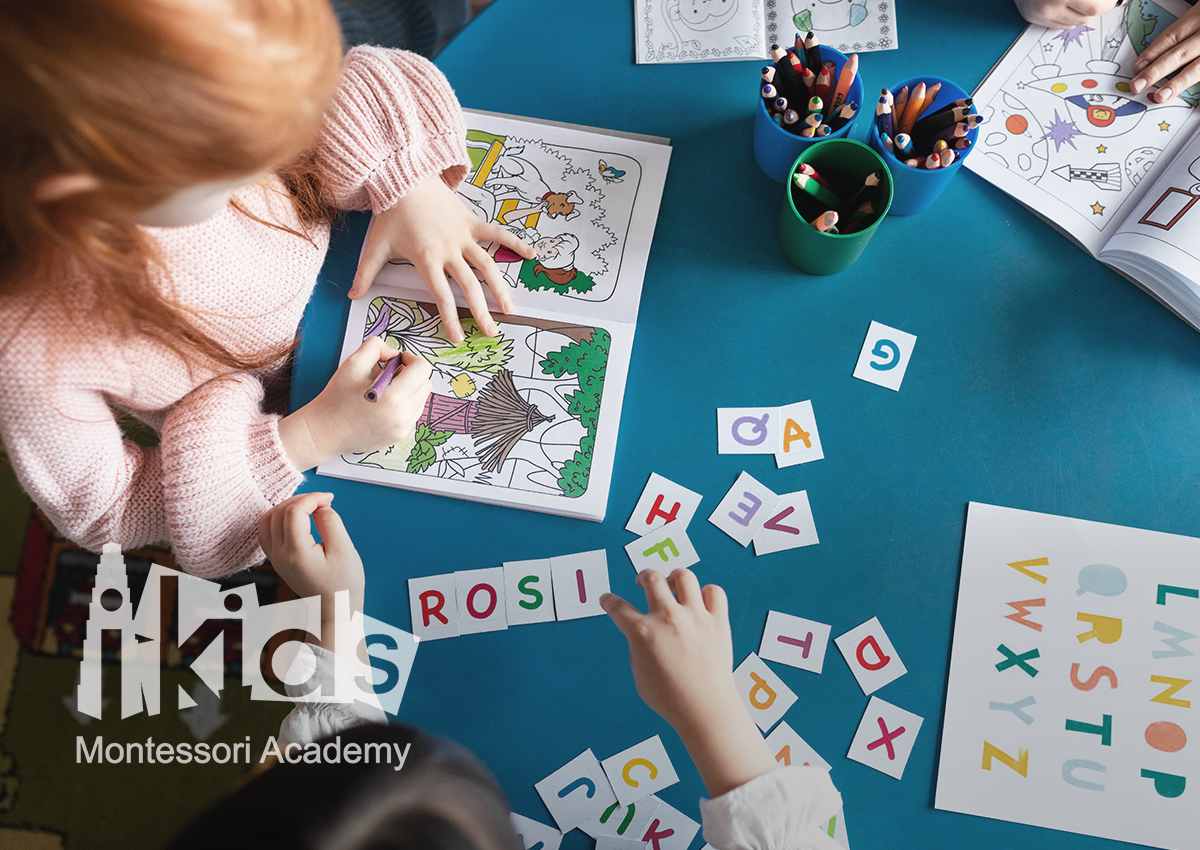
School is back in session, however, sending your children to even the very best of schools doesn’t let us parents off the educational hook. It is important to continue to foster your child’s educational experience at home and to provide a rich learning environment.
2022-11-02